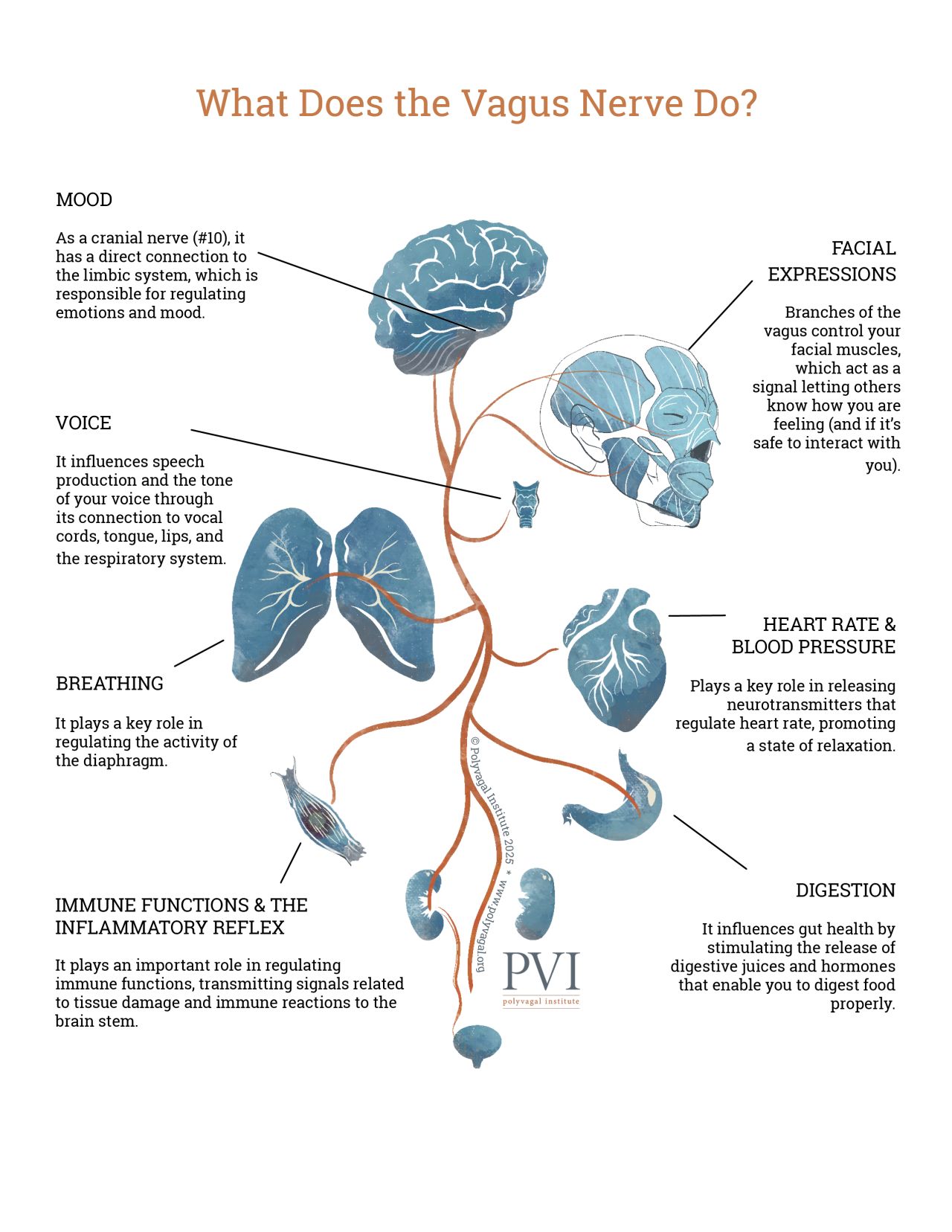HOW CAN WE HELP?
In order to engage with others for social connection and learning, we first need to feel safe. The Sacred Nest uses this knowledge to provide a safe, calming sensory space for all visitors. In this space, we provide a range of programs and services that help to stimulate the vagus nerve and train the nervous system to be more aware, regulated and resilient. Online delivery of services are also provided for persons who are not ready or able to attend in person. Either option enables more feelings of safety to more effectively respond to life’s challenges.
Our polyvagal offerings include:
- Safe and Sound Protocol (SSP): 5-hours of therapeutic listening at your own pace, using scientifically filtered music. Click here for more information.
- Stillness Meditation Therapy: meditation practice included in workshops and groups
- Therapeutic Touch (TT): compassion-focused relaxation therapy
- Replenished for Care: wellbeing program for paid and unpaid carers.


